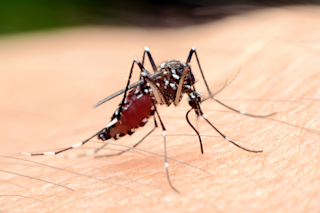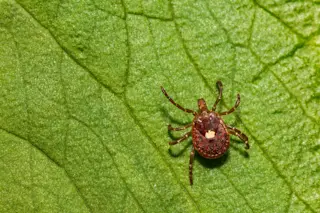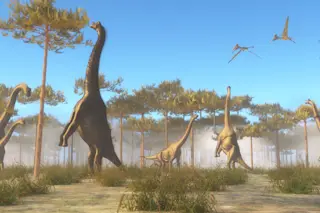A child in the womb is not just some hapless creature waiting to be born into a world of experience. It is preparing. Through its mother, it senses the conditions of the world outside and its body plans its growth accordingly.
There is strong evidence that people who are under-nourished as embryos grow up to have higher risks of heart disease and other chronic illnesses. For example, people born to women during the Dutch Famine of 1945 had higher risks of coronary heart disease as adults.
We might nod our heads at this as if it were expected news, but it's actually quite a strange result. After all, during the early stages of pregnancy, the embryo is actually relatively undemanding. Any embryos that get off to an early slow start can easily catch up during the foetal stage, and they can certainly do it after birth. But Jane Cleal and ...













